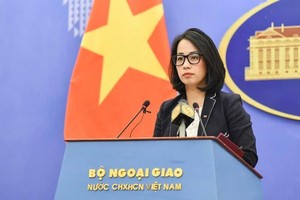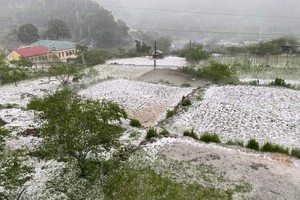The National Assembly passed the amended Education Law with 62 percent of the votes, Prof. Dao Trong Thi, chairman of the NA Committee for Culture, Education, Youth and Children, said.

He was speaking to the media after the house passed the law on November 26, with 108 deputies voting against it and 24 others abstaining.
Under the amended law, the prime minister will continue to have the authority to decide on the establishment of universities, instead of the education and training minister as proposed earlier in an amendment.
The Education Minister will continue to regulate textbooks and the secondary education program, and be responsible for their quality under the revised law.
The law provides clearer regulations on the establishment, suspension, and closure of universities.
When it takes effect, universities that fail to meet required standards will be suspended or closed.
Universities need to publicly announce their training programs and objectives, financial status, and training results.
The assessment of the quality of higher education must be carried out independently, honestly, publicly, objectively, and lawfully.
It allows individuals and private organizations to establish educational quality assessment agencies.
An important provision in the law states that the universalization of education should be applied to five-year-old children and not just primary and junior high school students as stipulated in the old law.
The amended law will take effect on July 1, 2010.
























